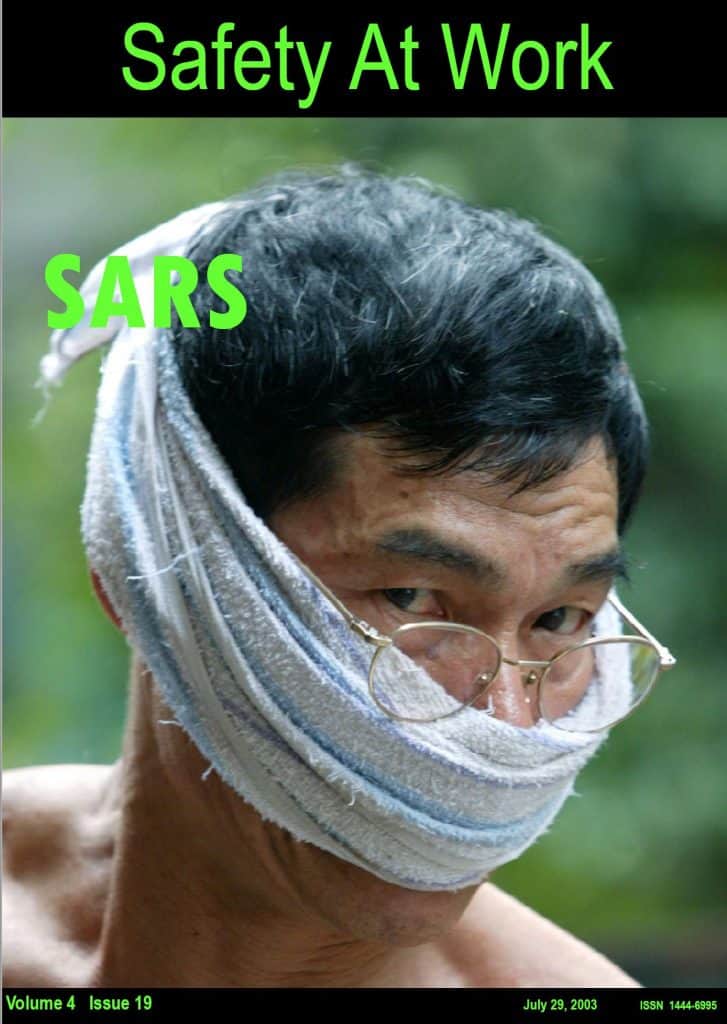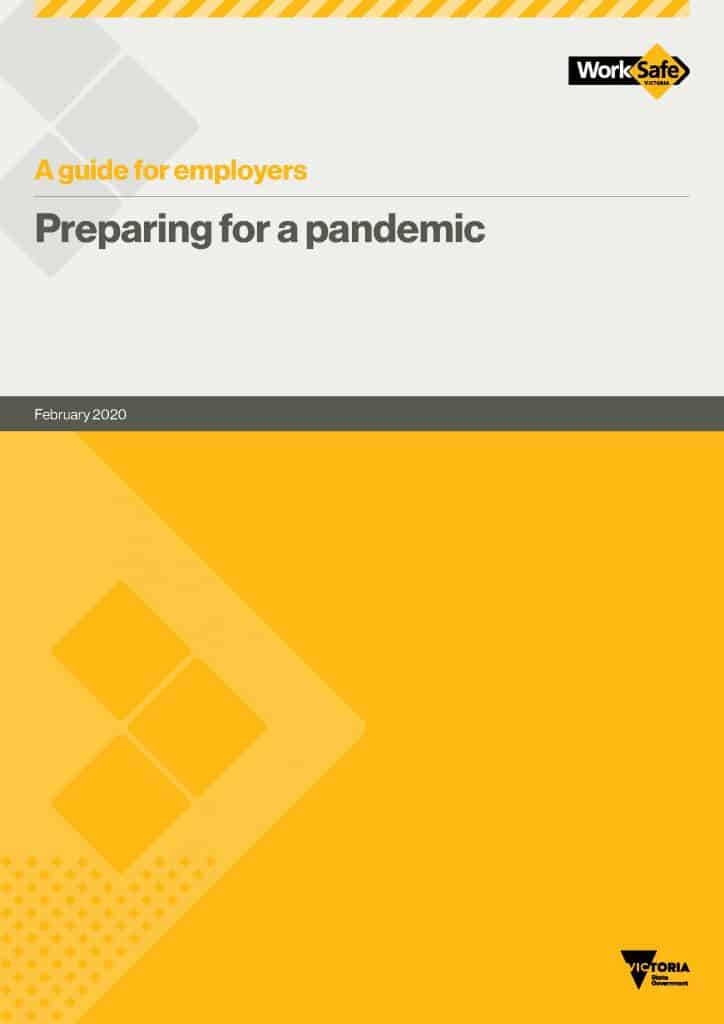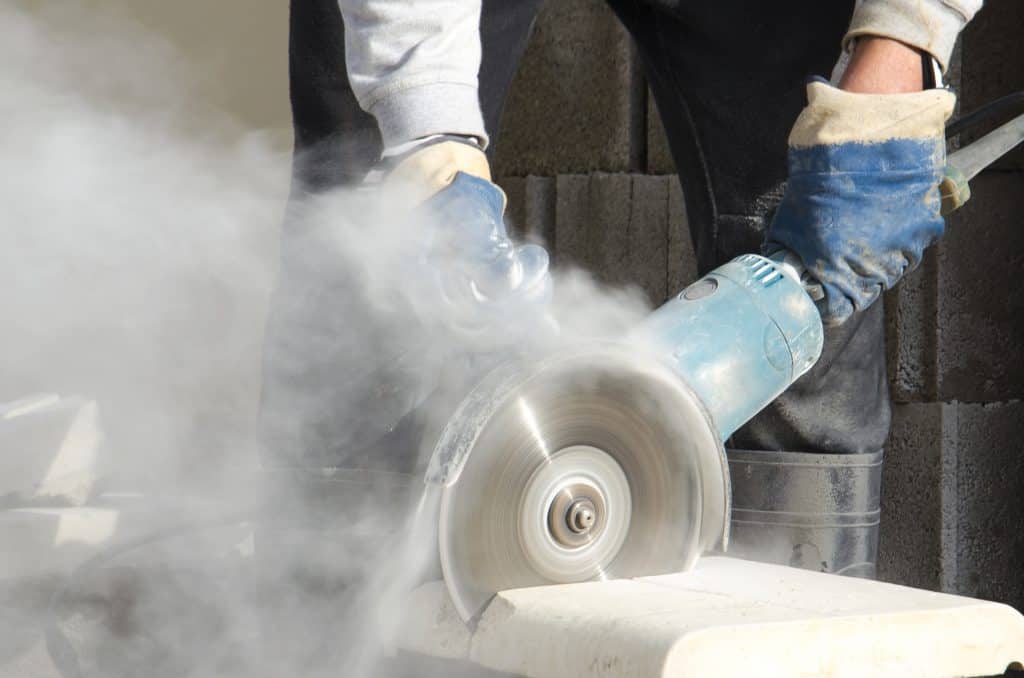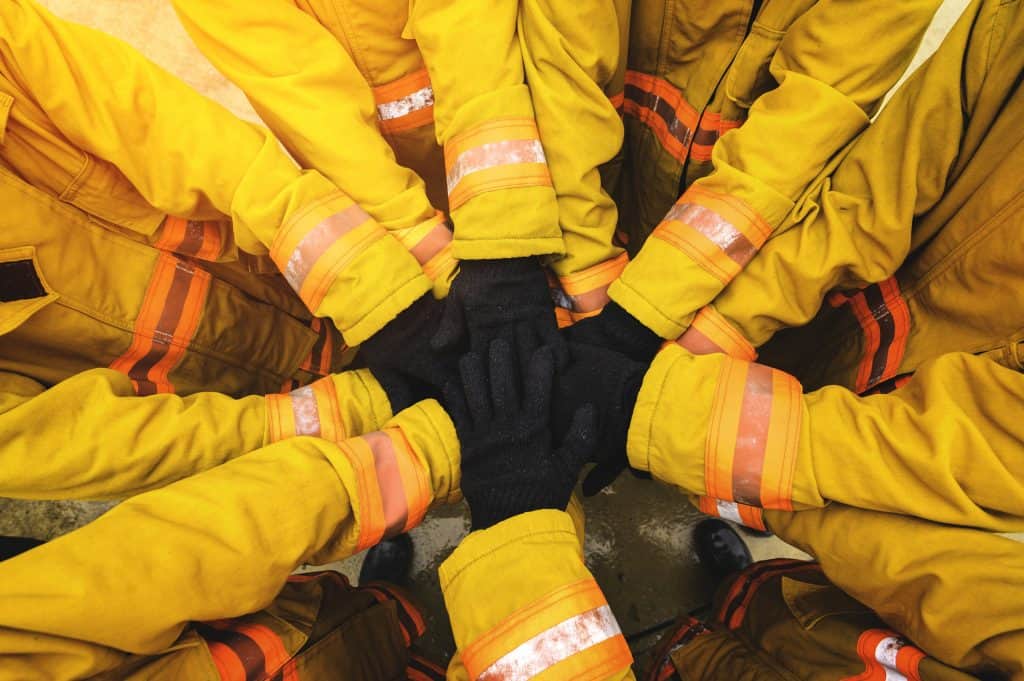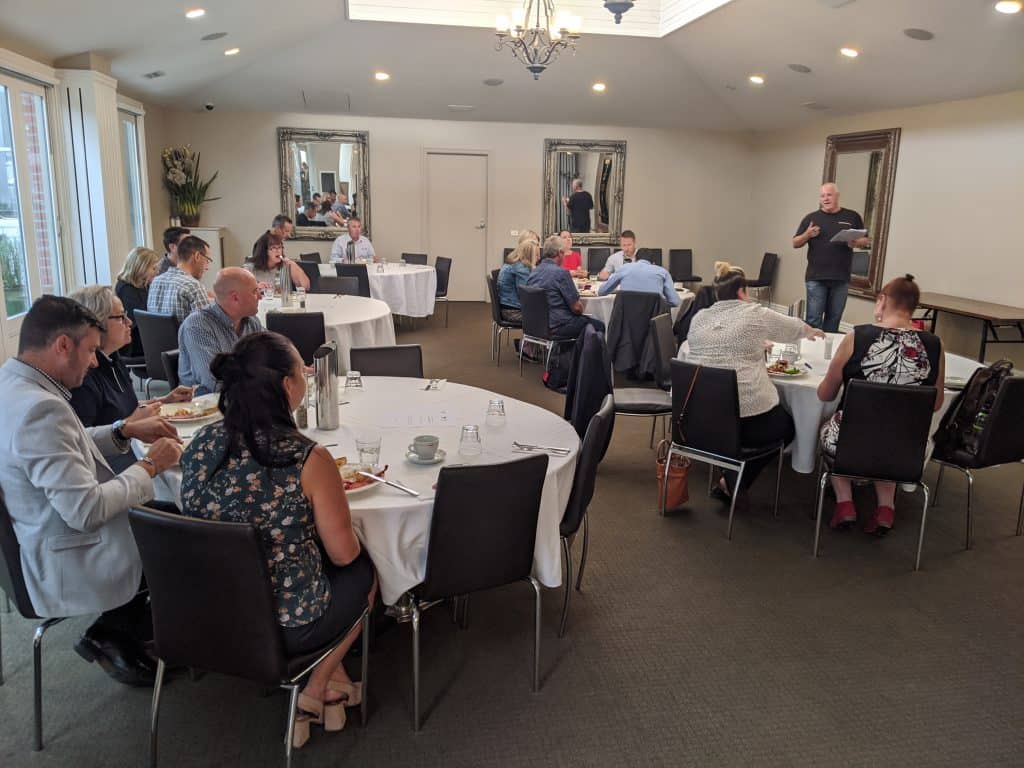
bowie15
A lot of focus is currently on casual workers as their jobs disappear due to the responses to the COVID19 coronavirus. Australia has around 2.6 million of them and there are many more workers who may be classified as Part Time but operate on uncertain rosters and are, in reality, as precarious as casual employees. Occupational health and safety (OHS) is struggling to address the hazards presented by modern variations of precarious work, such as gig economy workers, because it, and government economic and employment policy more generally, is structured on the assumption of Full Time Employment (FTE) with work occurring mainly from nine to five, on weekdays with weekends off.
Consideration of precarious worker OHS may seem a lesser priority at the moment as many of us are quarantined or quarantine by choice but at some point, hopefully, within the next twelve months, business will resume. However, that business model and structure is unlikely to be the same. Indeed, it should not be same as the risk profile for all businesses and the community generally has changed. So, let’s have a look at some of the recent thinking about precarious work and the OHS risks so that we can build a better, safer model.

